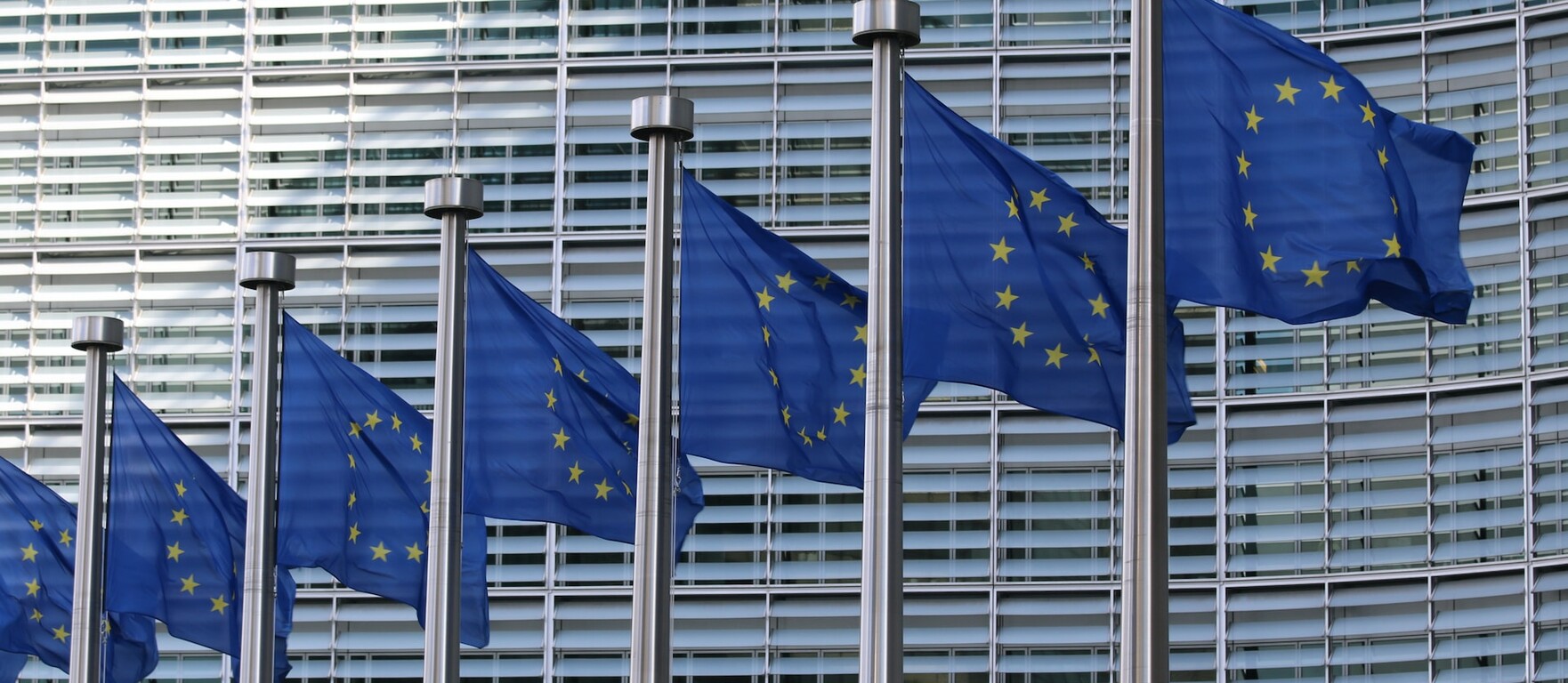
How will attitudes towards the political class influence next year’s European Parliament elections in CEE?
20. 07. 2023 – Lomond
There is a lot of cynicism everywhere in Europe when it comes to politics and politicians – but, if stereotypes are anything to go by, few regions are as cynical as Central & Eastern Europe.
Last week, the European Commission published its Spring 2023 Eurobarometer survey, based on face-to-face interviews in June with 26,425 EU citizens across all 27 member states. It was a useful opportunity to sense-check the ‘cynicism stereotype’ and assess what it might mean for next year’s European Parliament elections.
The first thing to say is the latest Eurobarometer survey did nothing to dispel the ‘cynicism stereotype’! in terms of trust in both national governments and national parliaments, the lists of countries that are less trusting than the EU average are dominated by CEE member states:

But the survey revealed three more interesting things too:
1. In CEE, more than in Western Europe, people are likely to see all politicians in the same way
The fact that the survey questioned people about their views of both their national government and their national parliament is helpful because it shows where attitudes to the two diverge. Across the whole of the EU, you see very similar results when it comes to trust in national governments versus national parliaments:

However, there are 10 member states where the difference between “Tend to trust” and “Tend not to trust” for the national government and the national parliament is more than 10 points, and eight of those 10 countries are in Western Europe.
Estonia and Lithuania are the two exceptions – where, in both cases, the government is notably more trusted than parliament. In the rest of CEE, it is the political class as a whole which is distrusted.
2. In CEE, people are typically much more trusting of the EU than they are of their own national parliament
Across the Union, trust in the EU is higher than national governments and parliaments. In contrast to the numbers above, 47% of people said that they “tend to trust” the EU versus 45% who “tend not to trust” it – so +2 overall. Attitudes to the national parliament were only more positive than the EU in three member states: Finland, Luxembourg and Austria.
Interestingly, the countries where the EU is viewed most favourably compared with the national parliament are mostly in CEE:

So even in countries like Poland and Hungary, where national governments have been at loggerheads with the EU and the general public has therefore been exposed to a lot of anti-EU sentiment through the media, the EU is still viewed more favourably – by a pretty big margin – than the national parliament.
3. Levels of trust in the EU have, however, declined slightly over the last two years in CEE – so the war in Ukraine has not had a positive impact
The Spring 2023 Eurobarometer survey was the 99th ‘Standard’ Eurobarometer survey. The 95th edition was the last one where all of the survey work was completed prior to the Russian invasion of Ukraine. That asked participants the same questions about trust in various institutions and so it’s interesting to compare the numbers of people across CEE who said that they “tend to trust” the EU in June/July 2021 (when the fieldwork for the 95th edition was done) vs June 2023. It’s worth emphasising that this is only one survey, but still, it suggests that, in the majority of CEE countries, trust in the EU has been eroded rather than enhanced over the last two years: 
What does this mean for next year’s European Parliament elections?
The most likely impact is on turnout which, last time, was very low across most of CEE:

What might the erosion of trust in the EU’s institutions do to turnout next year? You would assume that it will reduce turnout even further. If so, the European Parliament election might come down more than anything else to two things: which parties have the most motivated support base, and which have the best organised voter turnout operation.